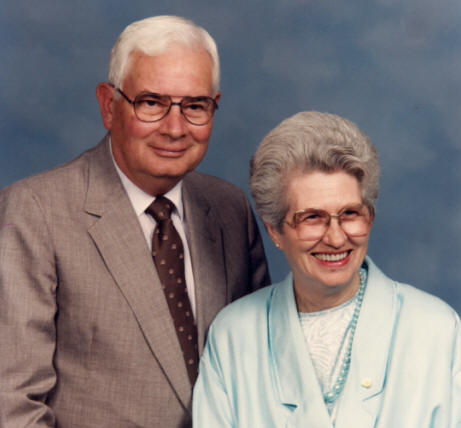Typical age-related change: Sometimes forgetting names or appointments, but remembering them later.
Possible Alzheimer's warning sign: Memory loss that disrupts daily life. Forgetting recently learned information or important dates or events; asking for the same information over and over; relying on memory aids (notes, electronic devices) or family members for things you used to handle on your own.
Typical change: Making occasional errors when balancing a checkbook; accidentally leaving an ingredient out of a recipe.
Warning sign: Changes in ability to perform complex tasks involving numbers or directions – following a familiar recipe or keeping track of monthly bills, for example.
Typical change: Occasionally needing help to remember how to use the settings on a microwave or record a TV show.
Warning sign: Difficulty completing familiar tasks at home or work — driving to a familiar location, managing a budget on the job, or remembering the rules of a favorite game, for instance.
Typical change: Getting temporarily confused about the day of the week but realizing it later; forgetting why you entered a room.
Warning sign: Losing track of dates, seasons and the passage of time; forgetting where you are or how you got there, such as getting "lost" on your own street with no idea how to return home.
Typical change: Vision changes related to cataracts.
Warning sign: Trouble reading, judging distances, determining color or contrast, or perceiving things (you may pass a mirror and think another person is in the room, not realizing you're seeing your own reflection).
Typical change: Having trouble finding the right word at times.
Warning sign: Struggling with vocabulary, including calling objects by the wrong name; trouble following or joining a conversation, such as stopping in the middle with no idea how to continue, or repeating things.
Typical change: Misplacing items – glasses, keys, remote control – from time to time.
Warning sign: Putting things in unusual places; being unable to retrace steps to find lost items; sometimes accusing others of stealing.
Typical change: Making a questionable decision once in a while.
Warning sign: Decreased/poor judgment compared to past behavior — giving large sums of money to telemarketers, for example, or neglecting hygiene, or dressing extremely inappropriately for the weather.
Typical change: Sometimes feeling weary of work, family and social obligations.
Warning sign: Withdrawing from work, hobbies, social activities, sports; having trouble keeping up with a favorite team or doing a favorite hobby; avoiding social contact because of memory problems.
Typical change: Developing very specific routines over time and becoming irritable when they're interrupted.
Warning sign: Changes in mood and personality such as becoming confused, suspicious, depressed, fearful or anxious. Becoming easily upset when out of your comfort zone.
Sources: Alzheimer's Association; Alzheimer's Tennessee Inc.

